Tag: Physical examination
-
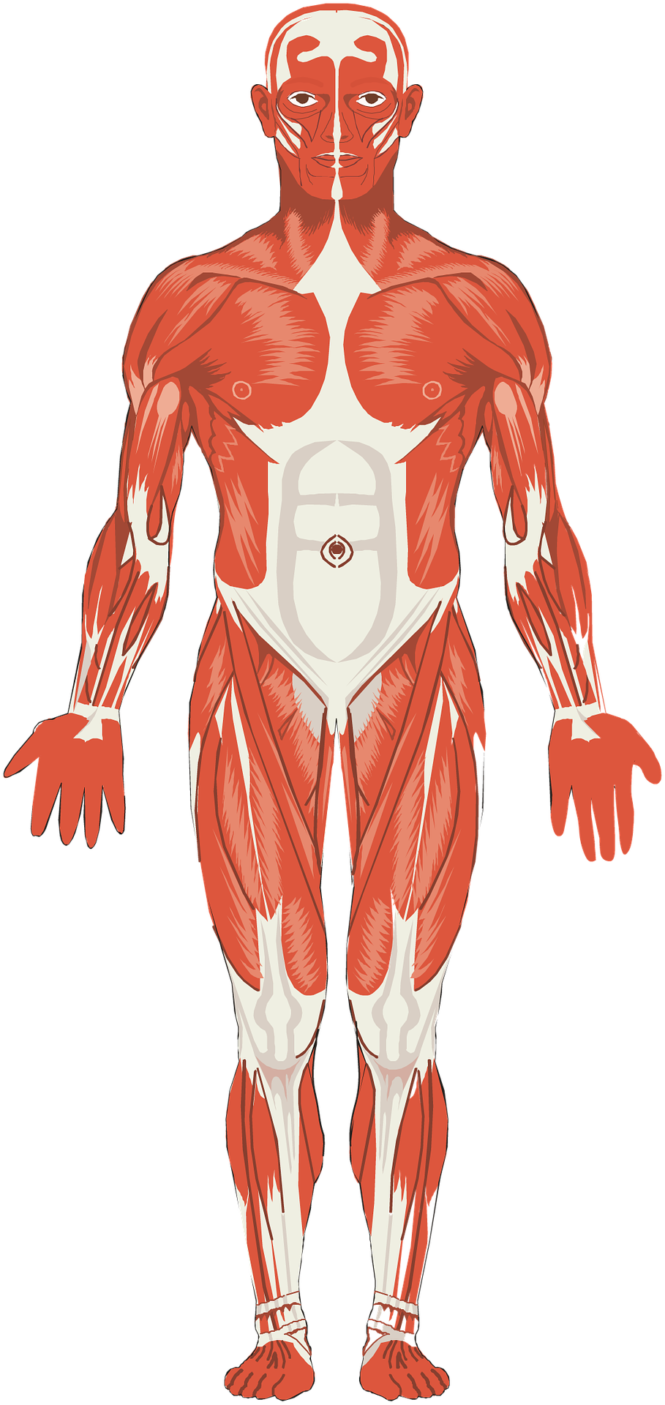
Physical Examination of Muscles in Systemic Disease
How to examine patients and report findings in patients with suspected muscle diseases: Abnormal movements Fasciculation → peripheral nerve injury Tremor Resting → Parkinsonism (with bradykinesia and rigidity) Intention → cerebellar issue → look for additional signs of cerebellar problems (e.g., ataxia) Myoclonus (involuntary purposeless jerks of limbs) → toxic metabolic issues (e.g., hypoxia, uremia,…
-

How to Become a Superstar Diagnostician Within the Span of One Lifetime or Less
To become a great diagnostician, you need to excel in six different diagnostic modalities: (1) history-taking, (2) physical examination, (3) laboratory medicine, (4) medical imaging (including point-of-care ultrasonography), (5) electrocardiography, and (6) bedside diagnostic procedures. History-taking The two most important components of history-taking are knowing what to ask and how to ask questions. Prepare and perfect scripted questions for…
-
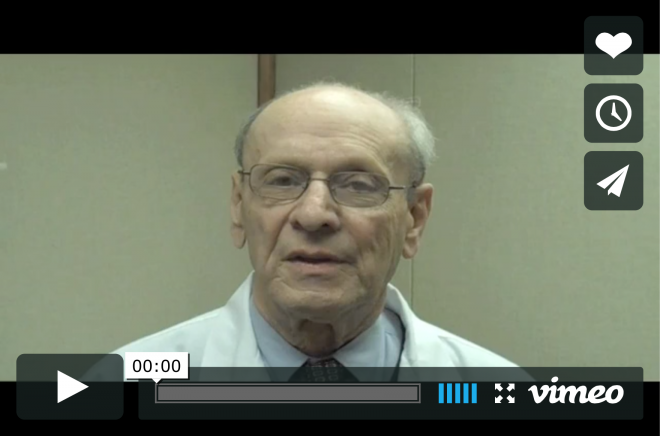
Examination of the lymph nodes by Dr. Saul Rosenberg
This demonstration of the examination of the lymph nodes by Dr. Saul A. Rosenberg, Professor of Medicine (Emeritus) at Stanford University School of Medicine and a lymphoma specialist, is outstanding. Hat tip: Stanford 25. Lymph node exam 1 from Blake Charlton on Vimeo. Lymph Node Exam #2 from Blake Charlton on Vimeo. Lymph Node Exam #3 from…
-
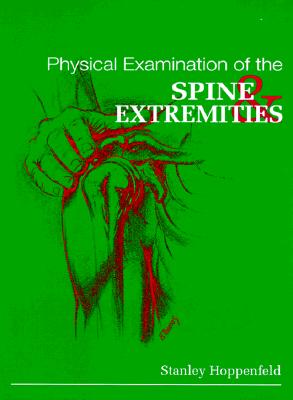
Physical Examination of the Spine and Extremities by Stanley Hoppenfeld
There are very few medical books in existence about which one can be tempted to declare, “I doubt whether in my lifetime there will ever be another book about this topic that is as good as this one.” In fact, I know only one medical book about which a statements like this might be said…
-
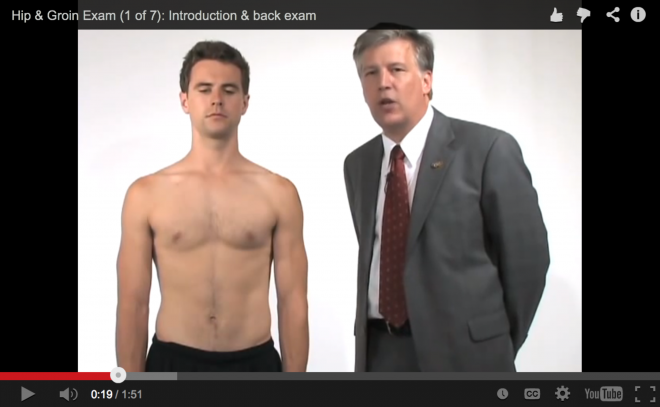
Hip and Groin Examination by Dr. Mark Hutchinson
While most patients cannot discern what’s happening between your ears when you put a stethoscope against their chests, they can easily tell when you are bungling your way through a half-baked shoulder or hip and groin examination. Why is that? Well, patients cannot hear what you are hearing (or not hearing!) through your stethoscope. And…
-
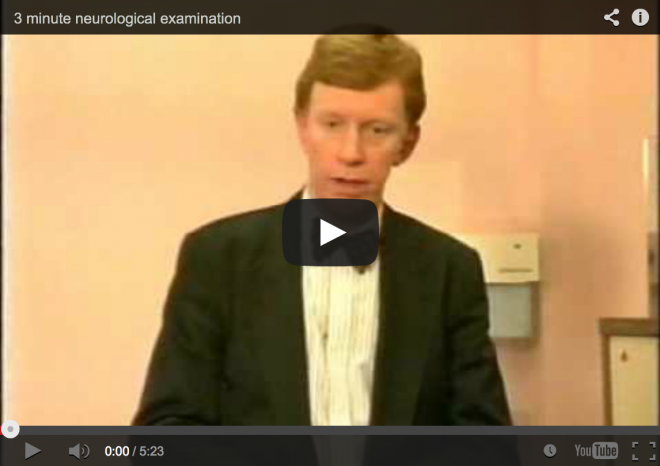
The 3-Minute Neurological Examination Done in Two Minutes Flat!
The 3 Minute Neurological Examination is an excellent screening neurological examination which is executed with nearly impeccable skill in two minutes flat. The explanation section, which follows the demonstration, is excellent too! Tests/commands performed are: With eyes closed: Romberg test (proprioception). With eyes opened: tandem gait (heel-to-toe walking). Walk on tip toes (power test of plantar flexion). Walk on heels…